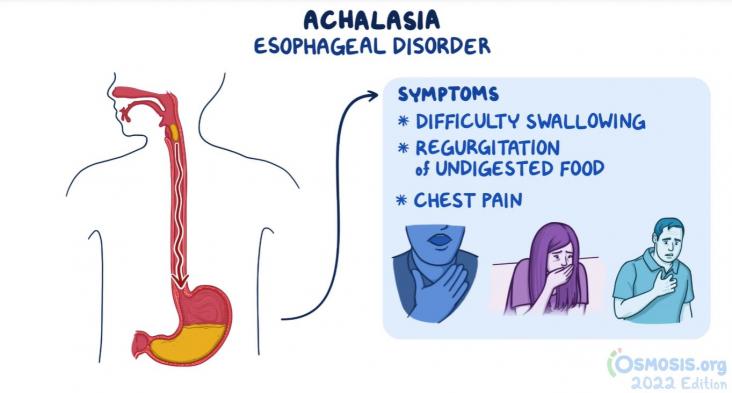Elsevier,
Outbreaks, Epidemics, and Health Security
COVID-19 and Ensuring Future Pandemic Preparedness in Ireland and the World
2023, Pages 3-17

Future global health crises should, wherever possible, be managed in a bipartisan way, mindful of the divides they create, supporting SDG3.
Elsevier,
Oncogenic Viruses, Volume 2: Medical Applications of Viral Oncology Research, 2023, Pages 173-189
This content aligns with Goal 3: Good Health. Hepatitis B remains a worrying health problem for several countries. Although vaccination has clearly been shown to be very effective in the prevention and control of the disease globally, the emergence of mutant resistant liver infections is of concern. Thus the development of new common vaccines for the prevention of all types of hepatitis is warranted.
This content links with Goal 3: Good health and well-being and Goal 10: Reduced Inequalities by bringing recognition to Congenital adrenal hyperplasia (CAH), a group of monogenic, autosomal recessive disorders.

This article ties to SDG 3. This resource, created together by Osmosis and the National Organization for Rare Diseases (NORD), aims to increase the knowledge and awareness about the rare disease Achalasia, which involves damage to the nerves in the esophagus causing the lower esophageal sphincter, a circular muscle at the end of the esophagus, to be unable to relax. The resulting symptoms include difficulty swallowing and chest pain.
This article ties to SDG 3. In this study, the longitudinal association between a measure of how people cope with uncertainty (intolerance of uncertainty (IU)), fears for the future, posttraumatic stress disorder (PTSD) symptoms and depression symptoms was investigated.
This article ties to SDG 3. This study aimed to identify assessment and referral practices of emergency departments at rural community hospitals related to care for suicidal veterans and explore the feasibility and acceptability of identifying veterans in need of postdischarge aftercare.
This Article supports SDG 3 by describing a cost-effectiveness analysis of point-of-care HCV testing compared with standard of care (laboratory-based testing) in particular settings with people at risk of HCV infection (prisons, needle and syringe programme, drug treatment clinics). It found that all point-of-care testing strategies assessed had a lower cost per treatment initiation than standard of care regardless of setting of HCV antibody prevalence.
This article aligns with the SDG goal 3 of Good health and wellbeing and SDG 10 Reduced inequalities by evidencing that the magnitude of hepatitis delta virus (HDV) infection increases with the severity of liver disease among chronic hepatitis B patients in Ethiopia.
This Article supports SDG 3 by estimating the disease burden and establishing a baseline of linkage to care for hepatitis B virus in Ho Chi Minh City, Vietnam, showing the feasibility of a large-scale comprehensive screening and access-to-care program for hepatitis B virus elimination in a low-to middle-income country.
Alzheimer's disease (AD) is a severe global public health issue because it is an irreversible neurodegeneration of the brain that impairs personality, cognition, memory, and other functions before it ultimately results in death from total brain failure.
